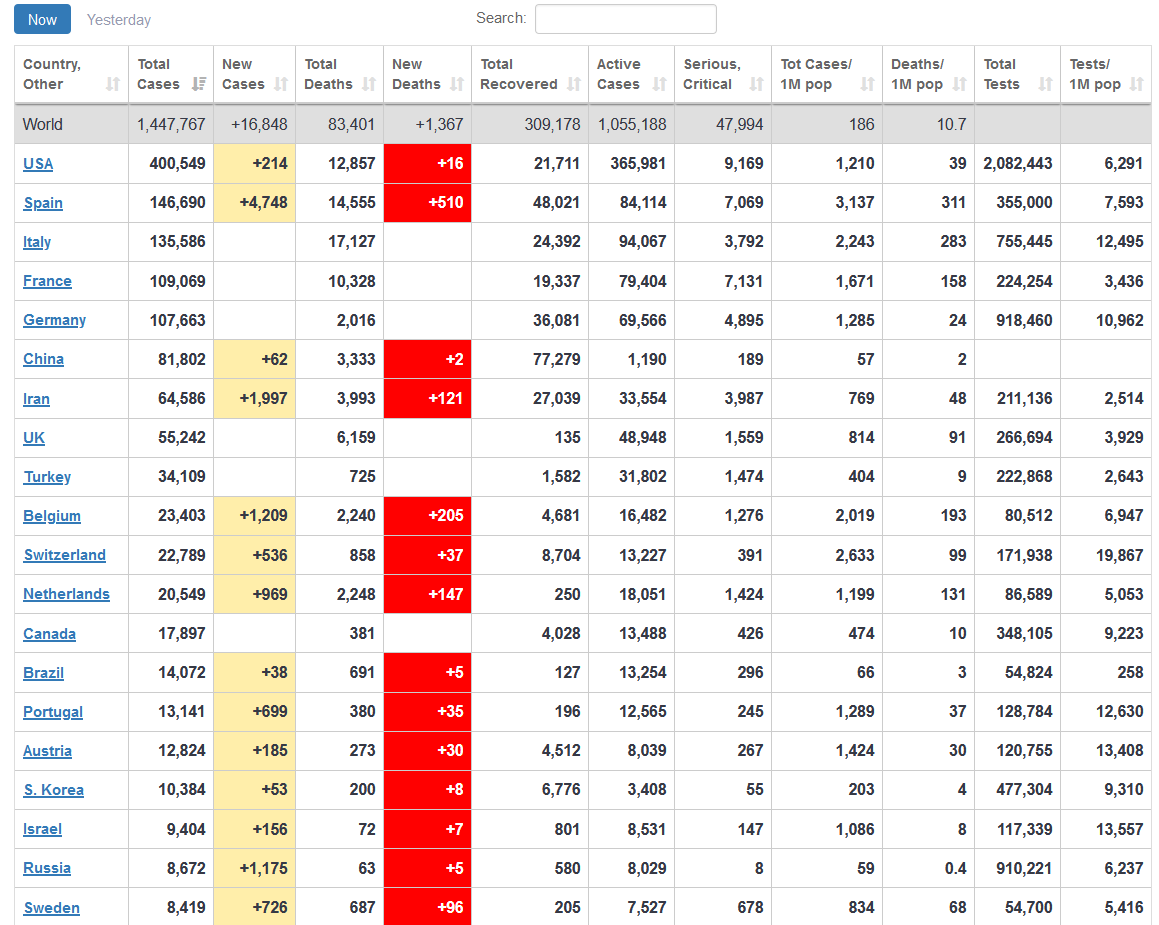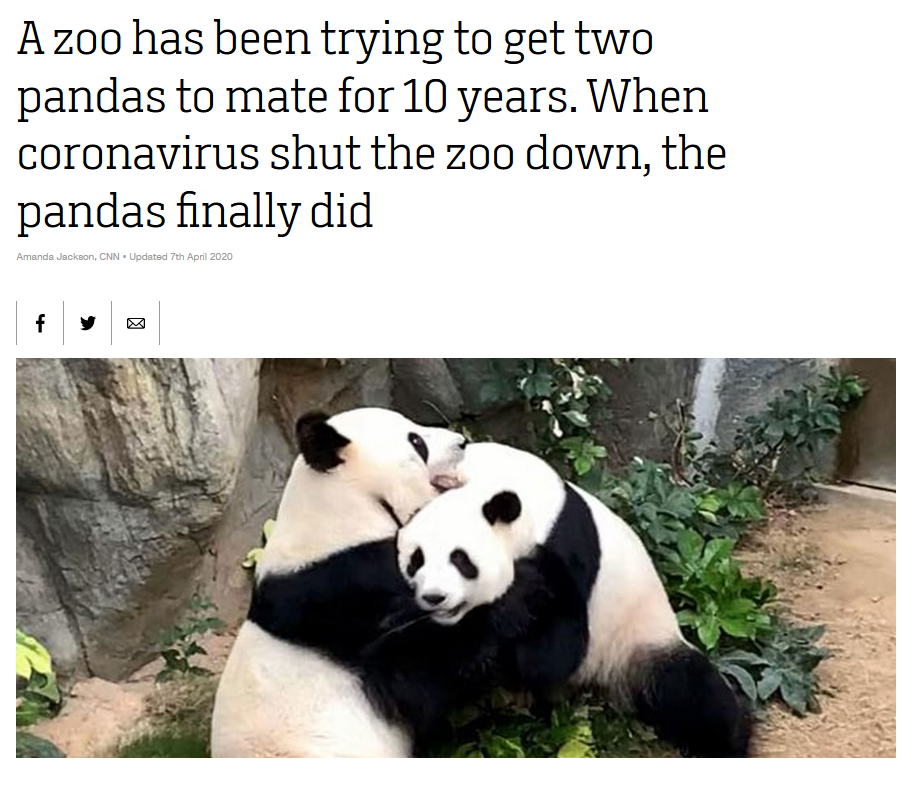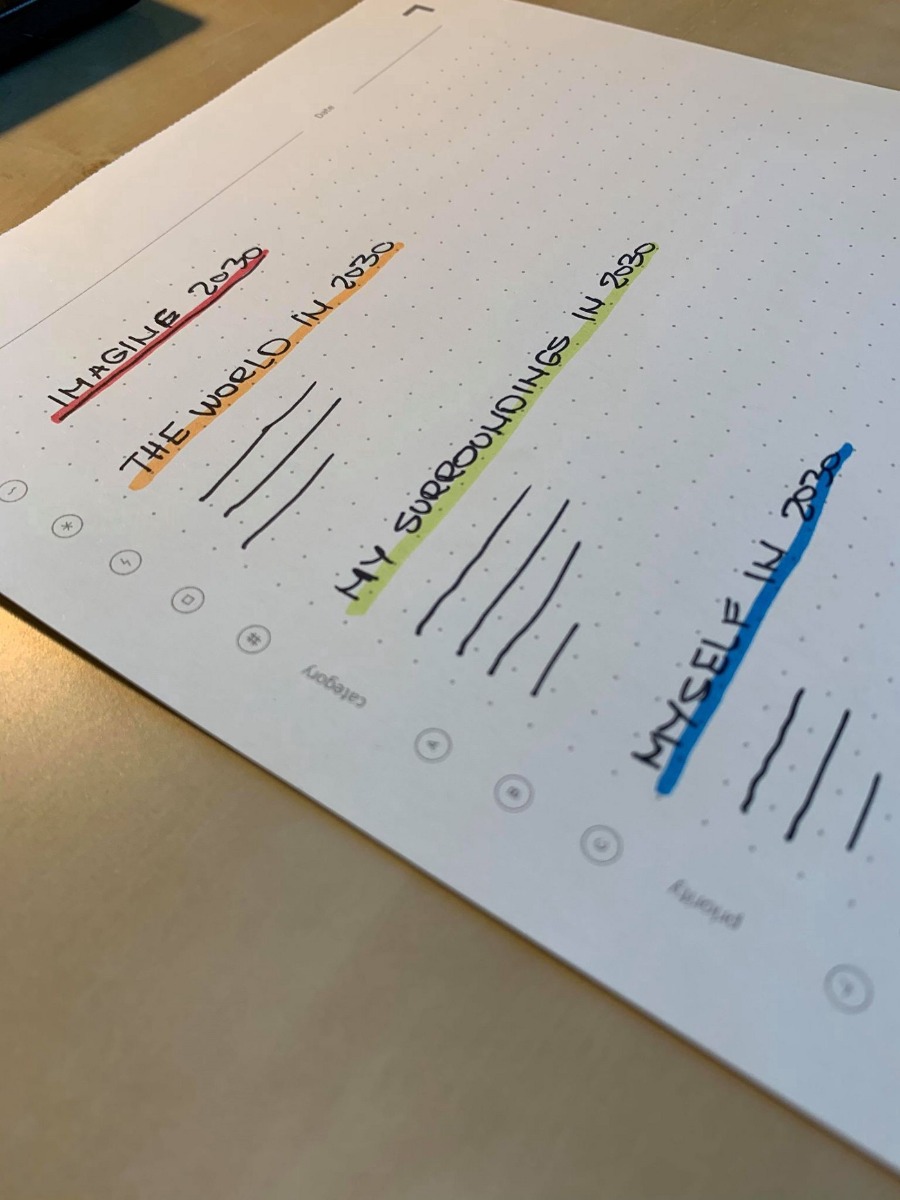Coping with uncertainty during and after the pandemic

Photo by White.RainForest ∙ 易雨白林. on Unsplash
Uncertainty is like pulling the rug out from below your feet. Especially with this crisis, most of us feel that way. This is instability at perfection, it makes you anxious and you do not really do what to do. As it looks now, we can expect several weeks of further lockdown, but our shifted way of life might just last much longer. We are also uncertain about how gradual reopening would happen and we are completely unsure if our life’s sustainability, as it was before, will still be valid or not. Most probably not, but this is also a matter of uncertainty. We just don’t know.
How can we exercise some control under these circumstances. Here are 7 interconnected ideas and thoughts from our allyourtime team which might help coping with the process in an easier way.
1. Frame everything in time
It comes back to time. The first main question on all our minds today is WHEN will all of this be over? OR at least when will be able to resume our life and work in a more-or-less normal manner? When will be mobilities within our cities, country or world be resumes? When will planes fly again? When will it be safe to just take the car and travel to the nearest city?

Photo by Lukas Blazek on Unsplash
You have no idea until when you will be constrained compared to how your life was before this crisis?
2. Take notes, record and write your thoughts
These are unique times and recording what is happening and especially what you are feeling and experiencing might be of high value for yourself. We are most probably heading for an economic crisis of sorts, but do we have any good (written) recollection of our experiences from just one decade ago when the last financial crisis unfolded? Would have been better to record our experiences from those times? Are people who did record their experience better equipped for this one? They just might.

Photo by Brandi Redd on Unsplash
Logging on a daily or weekly basis, or whenever you feel comfortable with this will give you the chance to ease of the pressure a little bit and will help you clearing structuring your thoughts.
3. Set yourself some key sources of information to follow
News are now coming in in an alarming rate. ‘Breaking’ is the headline. The live update is becoming a norm. The number of shocking headlines is shocking. Just some time ago each of them would have been a game changer by itself. So, try to disconnect. Do not browse for news everywhere and do not try to master all the headlines and opinions and all the stats. Filter, sort and rarify, focus on key things: data, source and meaningful opinion.
First is data, trust data which is evidence-based. It is now mostly agreed upon that the most reliable data is provided by the community-driven Worldometer COVID-19 platform. (https://www.worldometers.info/coronavirus/) They update their data from almost every country on a permanent basis.

Source: Worldometer. https://www.worldometers.info/coronavirus/
Regarding the spread and intensity of this pandemic, today we still consider the trend and data from Italy as being the most important indicator of how the trend of this pandemic can unfold all around the world. One good news of the past few days is that the trend in Italy is flattening and even decreasing. The country publishes its data once a day at 7 pm CET, and Worldometer has its update around 15 minutes later. It is a good
Second are trustful news outlets. We suggest you limiting your sources of information to just 3–4 which you trust, and which could give you different angles of the same question. For example, if you follow several news portals, try to mix a local, a national, and a global one. It might be possible to find same news in all threads, but then again, confirmation of the same information helps, but a different approach also helps in developing your own critical thinking.
Third are opinions of key people who you trust. They might be friends or just experts who are followed by you for a longer time and who have proved to be a valuable anchor in your everyday life because their assumptions and opinions turned out to be valid and trustful.
Finally, limit the frequency of incoming information to certain moments of the day. This way you help yourself avoiding the outside noise and keeping focus on what you need to deal with even during these special times.
4. Observe other things, too
It is all about the virus, but there are other things happening, too. One major impact of this pandemic is on the air quality in various parts of the world. But these other things are also present in our personal life, too. We are (most probably) spending more time on things queued quite a lot. But we should also avoid trying to take care of too many things like that. We are living a shock although in all different possible ways. But still a shock, so coping means also disconnecting from doing and doing things.

Maybe they just needed some intimacy. Check the CNN article here. https://edition.cnn.com/travel/article/pandas-mate-ocean-park-trnd/index.html
Our behavior changed and it is not totally for the worse, probably. We can learn from the best opposite effects and make them somehow permanent in the future.
5. Make assumptions
Even the uncertainty is the name of the game, making assumptions helps you find some guidance in these special times. Start from the fact that your own personal reality is of your own. In making assumptions, you need those valid reference points and opinions you trust. But then, it all comes back to you. If you are not an expert either in economy or in health issues, the best possible way to cope with this and have a feeling of at least partial control is by making assumptions about what is the current situation which impacts your life and what is about top happen in the following days, weeks and months.
6. Imagine the future and build alternative scenarios of it

Imagine your future and send a letter to yourself. Not so easy now, right?
Do you remember the article about imagining the long-term future? (Imagine 2030. Send Yourself a Letter to the Future). Well, maybe it is time revisiting and reconsidering it. Again, this also help you coping with this situation.
Observation and assumption can be followed by an estimation about the future. At this moment there are several predictions about when this could be over or at least when the impact and threat can be reduced. Consider alternative scenarios for your own situation and try to build some basic action plan on what to do if either of these scenarios unfold.
With this, you are buying yourself time, essentially. If you are ready for action under various possible outcomes and developments, you will not be constrained to think on how to act when that situation unfolded already. You might put yourself the question why to build alternative scenarios if no more then one of those will happen in fact. Well, it does increase your sense of certainty in uncertain times.
Yes, there is a high possibility that nothing will be exactly how you imagine as you are not a prophet. However, as this future is unfolding, you have also built yourself a resilience in being able to adapt to the new scenario even if it is not exactly either of the situations you imagined. Adapting a plan to a slightly different situation is still much simpler than building a new plan from scratch, right?
7. Allow yourself time to think everything over
Thinking over, analyzing is part of our ability to be resilient to change. But maybe the approach could be shifted to. Maybe it is that life is not changing, in fact. We need the same skills, like resilience and critical thinking and we need to focus on solutions. And we also need to see ourselves, other humans and nature altogether. It is the same as it was until now. If your key refences are well chosen, you just might be able to align whatever is coming to the same reference points. But give yourself time to just think and eliminate the noise of the external world, while doing this.
This approach might just help all of us to take this challenge with more success and if more and more of us act this way individually and collectively, we might still have a bright but responsible future ahead of ourselves.
Share your thoughts with the hashtag #controlyourtime. We can all learn from this together.



